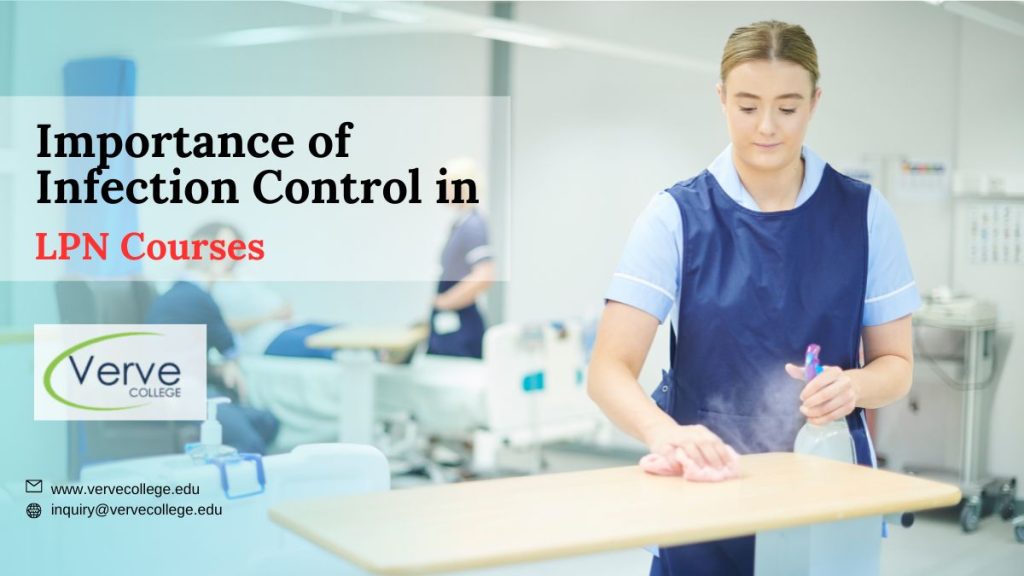- Oak Brook:(630) 705-9999
- Chicago:(312) 920-8822
- Email:inquiry@vervecollege.edu
- Make a Payment
- Home
- Programs
- Admission
- Resources
- ATI Entrance Exam Resources
- New E-Digital Library
- Refer a Friend
- School Newsletter
- Events
- Employers
- Job-Network
- Alpha Beta Kappa Candidates
- Verve College Library
- Graduation and Pinning Ceremony Photo Galleries
- Textbook Information
- Career Services
- Tutoring
- School Catalog
- FAQ
- Constitution Day Program
- Alumni
- Verve College Plans
- Financial Aid
- HEERF Reporting
- Satisfactory Academic Progress
- Apply For Financial Aid
- Net Price Calculator
- Return of Title IV Funds (R2T4)
- Financial Aid Office Code of Conduct
- Contact
- FAQs
- Verification Policy
- Vaccination Policy
- Student Right-to-Know Act
- Misrepresentation
- Information Security Program
- Academic Award Year
- Availability of Employee
- Cost of Attendance
- Health & Safety Exemption Requirement
- Students Rights and Responsibilities
- Leave of Absence
- Pell Formula
- Military Students
- Grants/ Scholarship Policy
- Contact Us
- Login
- Testimonials
- Blog
Is a Nursing Career Right For You?
Take The Free Quiz
Importance of Infection Control in LPN Courses
Importance of Infection Control in LPN Courses
Infection control protocols are a fundamental lesson that nursing students need to learn throughout LPN courses in nursing schools. The transfer of infections from one individual to the other, such as from a health professional to a patient or vice versa, must be minimized by using infection control procedures in a healthcare environment.
The control of infectious diseases in overpopulation is essential to providing adequate healthcare. Healthcare professionals face this challenge every day, which is even more important during a crisis like a coronavirus pandemic, which ravaged hospitals in North America, Europe, Asia, and Europe.
Nurses are at the forefront of infection control while providing care to patients. Nurses are there to help in times of crisis during healthcare operations. They also ensure that infection control protocols are followed at all levels, from the facility level up.
As a core principle for providing care, nursing education should cover both the theory and practice of infectious disease control while applying critical skills. It is a skill that will last throughout their career in the nursing field.
Patient, Nurses, and Student Safety with Infection Control
Nurse educators must ensure that nursing students have the knowledge, nursing skills, and abilities they need on clinical rotations or when entering the workforce to keep themselves and their patients safe. This is a crucial point. All healthcare experts, workers and students involved in healthcare service rotations must be safe.
Another challenge is the impact of COVID-19 on clinical training. Hospitals, nursing homes, and other healthcare facilities had minimized clinical rotations for nursing students. At a critical time, advanced nursing students and newly-minted nurses are being left behind.
The COVID-19 pandemic, as tragic and devastating as it is, is an opportunity for a hybrid practical nursing program and healthcare facilities to strengthen their infection control protocols. It is becoming less urgent in the healthcare industry as we have come across the crisis.
Related:- Can I Apply For The Evening LPN Courses?
Infection Control To Prevent Risks and HAI
Healthcare-associated infections are defined as those developing as a direct result of a healthcare intervention or from contact with the environment in any healthcare setting.
The risk of healthcare-associated infections, also referred to as hospital-acquired infections, cannot be completely prevented but can be greatly decreased. The National Center for Biotechnology Information (NCBI) provides guidelines and evidence-based strategies for controlling infectious diseases. Although there have been some improvements, it is still difficult to prevent HAIs.
It is important to commit to following protocols in daily clinical practice. This saves lives and sets the standard for nursing students. This is often not true.
Nurses Implement Infection Control Protocols
Nursing has been one of the most trusted professions for 18 years. Nurses are the backbone of every health system. This commitment includes establishing the core principles for infectious disease control early on, often, and consistently. Beginning from the first day of nurse training, continuing through their education, clinical rotations, as well as their entire professional career.
Nurses are trusted to provide the best care for our health and safety. Nurses will ensure that we are all safe by teaching them how to adhere to infection control protocols. It doesn’t matter if it is a serious public health emergency or an ordinary visit to the hospital.
Want to Make a Career in Nursing? Get More Information About Our Courses!
Conclusion
To understand more about infection control, students should look for a practical nursing program near me and choose an institute that prepares nurses for leadership roles and helps them to advance their careers as licensed nursing practitioners.
This is the commitment Verve College makes to all of its nursing students. The nursing programs are based on a competency-based educational model and combine flexible hybrid instruction with practical experience in healthcare facilities.
 Sign up
Sign up Login
Login




